Meena Kumari
Meena Kumari (conceived Mahjabeen Bano; 1 August 1933- 31 Walk 1972) was an Indian entertainer and writer, who worked in Hindi movies. Prevalently known as The Misfortune Sovereign, she was dynamic somewhere in the range of 1939 and 1972. Kumari is generally viewed as one of the best entertainers of Indian film. In a vocation crossing 33 years, she featured in more than 90 movies until her sudden passing in 1972.
Meena Kumari won four Filmfare Grants in the Best Entertainer classification. She was the beneficiary of the debut Filmfare Best Entertainer Grant for Baiju Bawra in 1954 and had a back to back win in the second Filmfare Grants (1955) for Parineeta. Kumari left a mark on the world at the tenth Filmfare Grants (1963), by getting each of the three of the Best Entertainer designations, and won for her exhibition in Sahib Bibi Aur Ghulam. In the thirteenth Filmfare Grants (1966), she won her last Best Entertainer grant for Kaajal. Pundits frequently note that her personality in Sahib Bibi Aur Ghulam was like an amazing account.
Vocation
Early work as Child Meena (1939-45)
Meena Kumari (outrageous right) as a kid craftsman in 1940.
Meena Kumari started acting when she was four. She at first worked generally in Vijay Bhatt creations; Cowhide Face (1939), Adhuri Kahani (1939), Pooja (1940) and Ek Hey Bhool (1940). Vijay Bhatt rechristened Mahjabeen as "Child Meena" during the shooting of Ek Hey Bhool (1940).
More movies followed for Child Meena, specifically Nai Roshni (1941), Bahen (1941), Kasauti (1941), Vijay (1942), Garib (1942), Pratiggya (1943) and Lal Haveli (1944).
Early profession (1946-52)
with Mahipal in Aladdin Aur Jadui Chirag
Meena was projected under the name Meena Kumari in Ramnik Creation's Bachchon Ka Khel (1946). One of the significant blows in Kumari's day to day existence was the passing of her mom who kicked the bucket on 25 Walk 1947. Duniya Ek Sarai (1946), Piya Ghar Aaja (prior named Jalan) (1948) and Bichchade Balam (1948) were a portion of her initial movies where she went about as well as sang tunes. By the last part of the 1940s, she moved her concentration to films having a place with one or the other folklore or dream kinds. Go Ghatotkach (1949), Shri Ganesh Mahima (1950), Laxmi Narayan (1951), Hanuman Patal Vijay (1951) and Aladdin Aur Jadui Chirag (1952) performed with credit. Different movies like Magroor (1950), Hamara Ghar (1950), Sanam (1951), Madhosh (1951), and Tamasha (1952) generally had a gathering projected. Meena Kumari's ascent accompanied her tutor Vijay Bhatt's melodic, Baiju Bawra (1952).
Meena Kumari in Baiju Bawra
1952: Baiju Bawra - Kumari played the female lead in the film. A progression of episodes going from Hindustan Switch getting rising star Meena Kumari as a model for their items to being included on the schedule of a famous marvel cleanser occurred after the outcome of Baiju Bawra.
1953: Parineeta - Coordinated by Bimal Roy, (highlighting Ashok Kumar and Meena Kumari in lead) the film won Kumari her second Filmfare Best Entertainer Grant. It depended on the 1914 Bengali novel by Sharat Chandra Chattopadhyay. Do Bigha Zamin - coordinated by Bimal Roy, won the Worldwide Award at Cannes in 1954, the primary Indian film to do as such. This film likewise denotes the lady visitor appearance of Meena Kumari. Trail - coordinated by Zia Sarhadi, was Meena's most memorable film with Dilip Kumar. This film was highlighted in Avijit Ghosh's book, 40 Retakes: Bollywood Works of art You Might Have Missed. Daaera - was composed and coordinated by Kamal Amrohi, featuring Meena Kumari, Nasir Khan and Nana Palsikar in lead roles.Other films included Naulakha Haar and Daana Paani.
with Shammi Kapoor in Mem Sahib
1954: Chandni Chowk - coordinated by B. R. Chopra in 1954, an exemplary Muslim social show movie, was Chopra's second executive endeavor and one more accomplishment in the cinema world. Baadbaan-coordinated by Phani Majumdar, had a star cast of Meena Kumari, Dev Anand, Ashok Kumar and Usha Kiran. Ilzaam - coordinated by R C Talwar, featuring Meena Kumari and Kishore Kumar, additionally debuted.
1955: In Azaad, coordinated by Sriramulu Naidu S.M. Meena Kumari skipped joyously with Robinhood Dilip Kumar. It was the second most elevated netting Hindi film that yearand included hit tune "Aplam Chaplam" sung by Lata Mangeshkar and Usha Mangeshkar. Adl-e-Jehangir - was a Hindi language verifiable show movie coordinated by G.P. Sippy, and it turned into a business accomplishment at the case office.Bandish - coordinated by Satyen Bose featuring Meena Kumari, Ashok Kumar, and Daisy Irani was a film industry hit. Rukhsana - was coordinated by R.C. Talwar and featured Meena Kumari and Kishore Kumar.
With Kishore Kumar in Naya Andaz(1956)
1956: Mem Sahib - coordinated by R.C. Talwar, included Meena Kumari interestingly with Shammi Kapoor. The cutting edge symbol of Meena Kumari was generally welcomed by crowds and the film turned into a film industry hit. Ek Greetings Raasta - was a movie in light of the issue of widow remarriage, coordinated and delivered by B. R. Chopra. It featured Meena Kumari with newbie Sunil Dutt, Ashok Kumar and Daisy Irani. The movie ended up finding true success in the cinematic world and was evaluated for over 25 weeks, which was a "Celebration Hit"Bandhan - coordinated by Hemchandra Chunder, in view of the well known Bengali novel Mantra Shakti, featured Meena Kumari and Pradeep Kumar as leads and was granted with an Endorsement of Legitimacy in Public Film Grants. Naya Andaz - coordinated by K. Amarnath, featuring Meena Kumari and Kishore Kumar in lead jobs, was a melodic hit. Halaku - a verifiable, was coordinated by D.D. Kashyap which included Meena Kumari, Pran, Minoo Mumtaz, Raj Mehra and Helen. It was one of the movies hits and commended a silver celebration.
Meena Kumari in Sharada
1957: Sharada - coordinated by L.V. Prasad, was Meena Kumari's most memorable endeavor with Raj Kapoor. She won best entertainer at Bengal Film Columnists' Affiliation Grant for her work. The movie acquired extraordinary basic achievement and was the 10th most noteworthy netting movie at the Indian Film industry in 1957.Miss Mary - a parody movie coordinated by L.V. Prasad, featured Meena Kumari and Gemini Ganesan. The film was one of the greatest hits of that year.
1958: For Sahara - coordinated by Lekhraj Bhakri, Meena Kumari got a Filmfare designation. Yahudi, coordinated by Bimal Roy featured Meena Kumari, Dilip Kumar, Sohrab Modi, Nazir Hussain and Nigar Sultana. It depended on the play Yahudi Ki Ladki by Agha Hashar Kashmiri, an exemplary in Parsi - Urdu theater, about oppression of Jews in the Roman Empire.The film was a film industry hit with the popular tune "Yeh Mera Diwanapan Hai" sung by Mukesh. Farishta - featured Ashok Kumar and Meena Kumari as heroes. The film was appraised as better than expected. Savera - was coordinated by Satyen Bose, with Meena Kumari and Ashok Kumar in lead jobs.
with Dilip Kumar in Yahudi
1959: Chirag Kahan Roshni Kahan, coordinated and delivered by Devendra Goel, stars Meena Kumari with Rajendra Kumar and Honey Irani. The film was a tremendous hit in the cinematic world and Meena Kumari got a Filmfare designation for her exhibition in the Best Entertainer class . Singe Dil Burn Rahen - was coordinated by Khwaja Ahmad Abbas, with star cast Meena Kumari, Raj Kapoor, Shammi Kapoor, Kumkum and Nimmi. The film got warm surveys from pundits. Shararat - was a 1959 heartfelt show movie composed and coordinated by Harnam Singh Rawail, featuring Meena Kumari, Kishore Kumar, Raaj Kumar and Kumkum in lead jobs, with the significant tune "Murmur Matwaley Naujawan" sung by Kishore Kumar. Movie Chand coordinated by Lekhraj Bhakri zeroed in on the impacts of polygamy before The Hindu Marriage Act, 1955. The film stars Kumari with Balraj Sahni, Pandari Bai and novice Manoj Kumar in lead jobs. Her different movies delivered in 1959 were Ardhangini, Satta Market, Madhu and Jagir.
1960: Dil Apna Aur Preet Parai was a Hindi heartfelt show composed and coordinated by Kishore Sahu. The film featured Meena Kumari, Raaj Kumar and Nadira as leads. The film portrays the narrative of a committed specialist to wed the little girl of a family companion, while he is infatuated with a partner nurture, played by Meena Kumari. It is one of her prominent acting exhibitions. The movie's music is by Shankar Jaikishan, and highlights hit tune, the Hawaiian-themed "Ajeeb Dastan Hai Yeh" sung by Lata Mangeshkar.Bahana - coordinated by Kumar, had a star projected comprehensive of Meena Kumari, Sajjan, Mehmood, Helen, Pramila, Sulochana Latkar and Sheela Vaz. Kohinoor - coordinated by S. U. Bright included Meena Kumari, Dilip Kumar, Leela Chitnis and Kumkum. A film of lighter tone, it coming up short on extreme characterisations of prior movies of both Dilip Kumar and Meena Kumari, who are also called the Misfortune Ruler and Misfortune Sovereign individually.
1961: Bhabhi Ki Chudiyan was a family show coordinated by Sadashiv J. Column Kavi with Meena Kumari and Balraj Sahni ahead of the pack jobs. The film was one of the greatest earning movies of the year. Zindagi aur Khwab - coordinated S. Bannerjee, featuring Meena Kumari and Rajendra Kumar, was a hit at the Indian film industry. Pyaar Ka Saagar - was coordinated by Devendra Goel with Meena Kumari and Rajendra Kumar.
Sahib Bibi Aur Ghulam
Sahib Bibi Aur Ghulam, a movie created by Master Dutt and coordinated by Abrar Alvi highlighted Meena Kumari in the job of Chhoti Bahu. It depends on the Bengali book "Saheb Bibi Golam" by Bimal Mitra. The film stars Meena Kumari, Master Dutt, Rehman and Waheeda Rehman.[28] Its music is by Hemant Kumar and the verses are by Shakeel Badayuni. The film is additionally noted for its splendid cinematography by V. K. Murthy and the well known tunes "Na Jao Saiyaan Chhuda Ke Baiyan" and "Piya Aiso Jiya Mein", both sung by Geeta Dutt.
For Sahib Bibi Aur Ghulam, to help a hanging weighty look which is related with radical utilization of alcohol, she used to apply concentrated Eau de Cologne right in front of her. The bothering brought about by such activity helped her in accomplishing the ideal search for the job of a drunkard.
The film won four Filmfare Grants, including the Best Entertainer grant. This film was named for the Brilliant Bear at the thirteenth Berlin Worldwide Film Celebration, where Meena Kumari was chosen as a representative. Sahib Bibi Aur Ghulam was picked as India's true passage to the Oscars.
Kumari with Ashok Kumar. The two of them showed up together in 17 movies.
1962: Aarti, coordinated by Phani Majumdar, stars Meena Kumari in the lead spot of Aarti, with Ashok Kumar, Pradeep Kumar and Shashikala showing up in urgent jobs. Kumari won a Best Entertainer grant for this film from the Bengal Film Columnists' Affiliation. Principal Chup Rahungi - coordinated by A. Bhimsingh with Meena Kumari and Sunil Dutt in lead jobs was one of the greatest hits of the year and Meena Kumari got a Filmfare selection for Best Entertainer for her exhibition.
1963: Dil Ek Mandir, coordinated by C. V. Sridhar, stars Meena Kumari, Rajendra Kumar, Raaj Kumar and Mehmood was a commercial success. Akeli Mat Jaiyo – directed by Nandlal
Jaswantlal, is a romantic comedy with Meena Kumari and Rajendra Kumar. Kinare Kinare was directed by Chetan Anand with Meena Kumari, Dev Anand and Chetan Anand in lead roles.
1964: Sanjh Aur Savera – is a romantic drama film directed by Hrishikesh Mukherjee, starring Meena Kumari, Guru Dutt and Mehmood. Benazir – was a Muslim social film directed by S. Khalil, starring Meena Kumari, Ashok Kumar, Shashi Kapoor and Tanuja. Chitralekha directed by Kidar Sharma, starring Meena Kumari, Ashok Kumar and Pradeep Kumar, was based on the 1934 Hindi novel by the same name by Bhagwati Charan Verma.Gazal featuring Meena Kumari and Sunil Dutt, was a Muslim social film about the right of young generation to the marriage of their choice. Main Bhi Ladki Hoon was directed by A. C. Tirulokchandar. The film stars Meena Kumari with newcomer Dharmendra.
1965: Kaajal directed by Ram Maheshwari, stars Meena Kumari, Dharmendra, Raaj Kumar, Padmini, Helen, Mehmood and Mumtaz. The film was listed in the Top 20 films of 1965. Meena Kumari won her fourth Filmfare award for Kaajal. The film was originally based on the novel "Maadhavi" by Gulshan Nanda. Bheegi Raat, directed by Kalidas, with Meena Kumari, Ashok Kumar and Pradeep Kumar in lead roles was one of the biggest hits of the year. The film Purnima, directed by Narendra Suri, featured Meena Kumari and Dharmendra in lead roles.
1966: Phool Aur Patthar, directed by O. P. Ralhan, starred Meena Kumari and Dharmendra in lead roles. This movie went on to become a golden jubilee hit, catapulting Dharmendra to stardom and was the highest-grossing movie of the year. Meena Kumari's performance in the film ensured her a nomination in the Best Actress category in the Filmfare awards for that year. The film Pinjre Ke Panchhi was directed by Salil Choudhury, with Meena Kumari, Balraj Sahni and Mehmood in main roles.
1967: Majhli Didi was directed by Hrishikesh Mukherjee and stars Meena Kumari along with Dharmendra.The film was India's entry to the 41st Academy Awards for Best Foreign Language Film.The film Bahu Begum was directed by M. Sadiq, starring Meena Kumari, Pradeep Kumar and Ashok Kumar. The film has music by Roshan and lyrics by Sahir Ludhianvi. Noor Jehan, directed by Mohammed Sadiq, was a historical film starring Meena Kumari and Pradeep Kumar, with Helen and Johnny Walker in minor roles. It dramatised the epic love story of Empress Nur Jehan and her husband, the Mughal Emperor Jehangir. The film Chandan Ka Palna was directed by Ismail Memon, starring Meena Kumari and Dharmendra. After the Eclipse, a 37 minutes color documentary directed by S. Sukhdev and shot in the suburbs of Varanasi featured Meena Kumari's voice along with the voice of actor Shashi Kapoor.
1968: Baharon Ki Manzil a Suspense Thriller, directed by Yakub Hassan Rizvi, stars Meena Kumari, Dharmendra, Rehman and Farida Jalal. The film was one of the major hits of the year. The film Abhilasha was directed by Amit Bose. The cast includes Meena Kumari, Sanjay Khan and Nanda.
Career slump and final works
By the early 70s, Meena Kumari eventually shifted her focus on more 'acting oriented' or character roles.
1970: Jawab was directed by Ramanna, starring Meena Kumari, Jeetendra, Leena Chandavarkar and Ashok Kumar. Saat Phere was directed by Sundar Dhar, with Meena Kumari, Pradeep Kumar and Mukri in pivotal roles.
1971: Mere Apne written and directed by Gulzar, was his first directorial venture. The film stars Meena Kumari, Vinod Khanna and Shatrughan Sinha in lead roles along with Deven Verma, Paintal, Asit Sen, Asrani, Danny Denzongpa, Keshto Mukherjee, A. K. Hangal, Dinesh Thakur, Mehmood and Yogeeta Bali. Dushman, directed by Dulal Guha, stars Meena Kumari, Rehman and Rajesh Khanna with Mumtaz in lead roles. The film became a "super-hit" at the box office.
1972: Gomti Ke Kinare directed by Saawan Kumar Tak, in his directorial debut, stars Meena Kumari, Sanjay Khan and Mumtaz. Gomti Ke Kinare was released on 22 November 1972, after Meena Kumari's demise and was touted as a tribute to her.
Pakeezah
Kumari during the shooting of Pakeezah, 1958
The idea of Pakeezah came into existence in 1954, followed by its muhrat in 1956. Meena Kumari was determined to complete the film and, well aware of the limited time left for her to live, went out of her way to complete it at the earliest. Despite her rapidly deteriorating health, she gave the finishing touches to her performance.
Pakeezah had a grand premiere on 3 February 1972, at Maratha Mandir theatre, in central Bombay, and the prints being carried on a decked-up palanquin.[12][38] The film was finally released on the following day, 4 February 1972. Pakeezah enjoyed a successful run of 33 weeks and even celebrated its silver jubilee. She posthumously received her twelfth and last Filmfare nomination for Pakeezah. Bengal Film Journalists' Association Awards bestowed the Special award to Meena Kumari for Pakeezah in 1973.
Filmfare Award for Best Actress
|
Year |
Film |
Role |
Result |
|
1954 |
Baiju Bawra |
Gauri |
Won |
|
1955 |
Parineeta |
Lalita |
Won |
|
1956 |
Azaad |
Shobha |
Nominated |
|
1959 |
Sahara |
Leela |
Nominated |
|
1960 |
Chirag Kahan Roshni
Kahan |
Ratna |
Nominated |
|
1963 |
Sahib Bibi Aur Ghulam |
Chhoti Bahu |
Won |
|
Aarti |
Aarti Gupta |
Nominated |
|
|
Main Chup Rahungi |
Gayetri |
Nominated |
|
|
1964 |
Dil Ek Mandir |
Sita |
Nominated |
|
1966 |
Kaajal |
Madhvi |
Won |
|
1967 |
Phool Aur Patthar |
Shanti |
Nominated |
|
1973 |
Pakeezah |
Nargis / Sahibjaan |
Nominated |











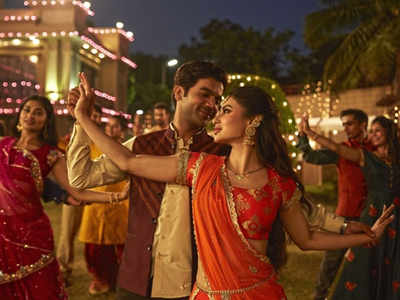

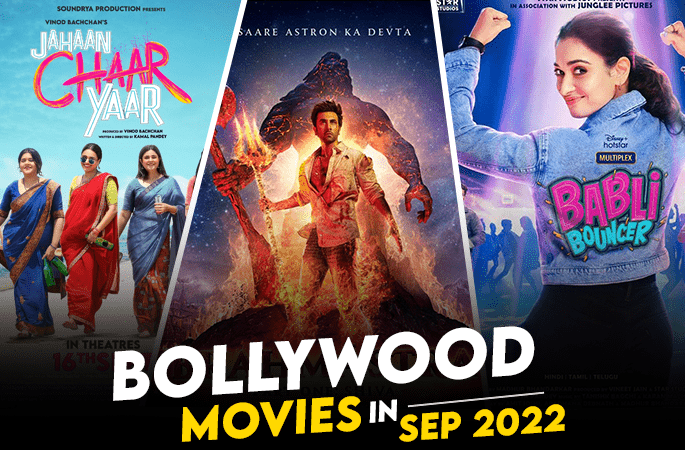

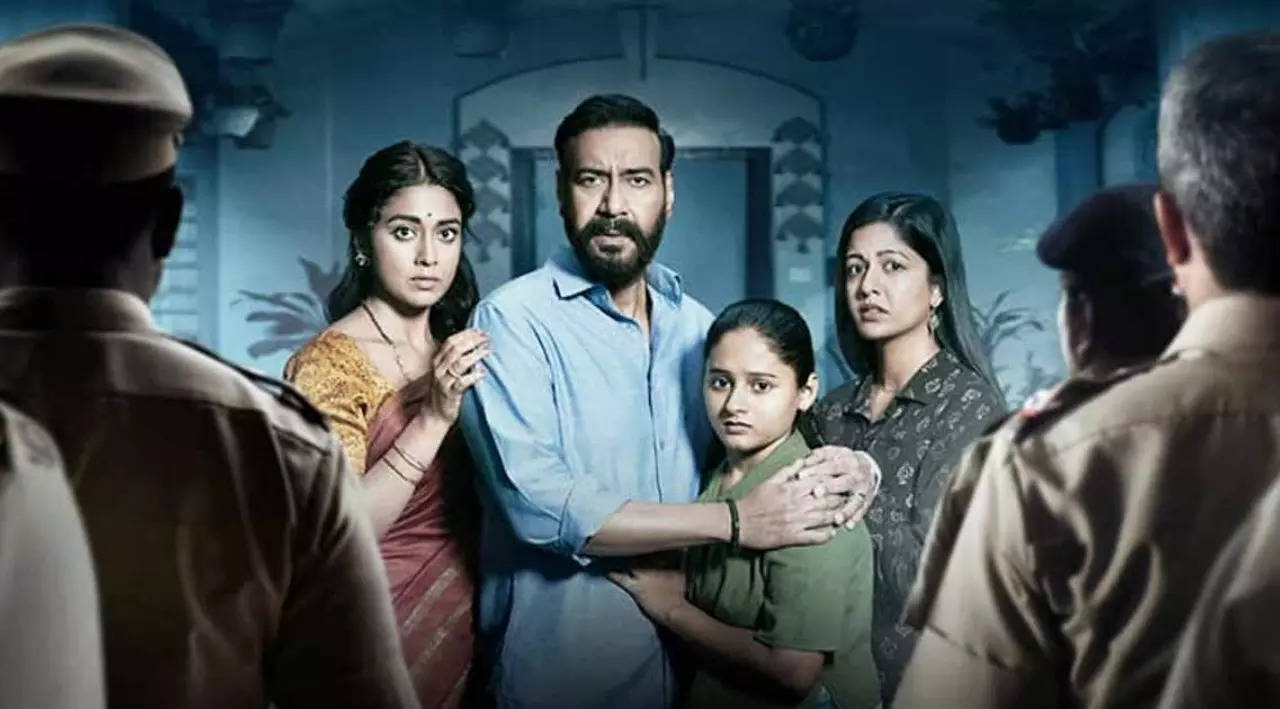


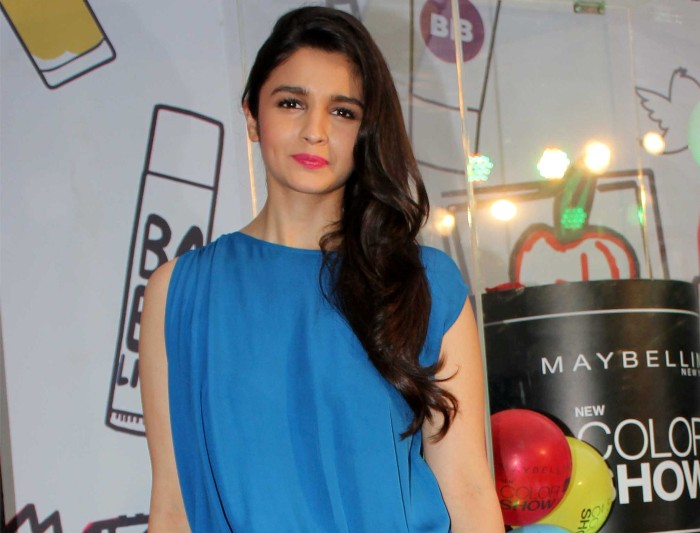


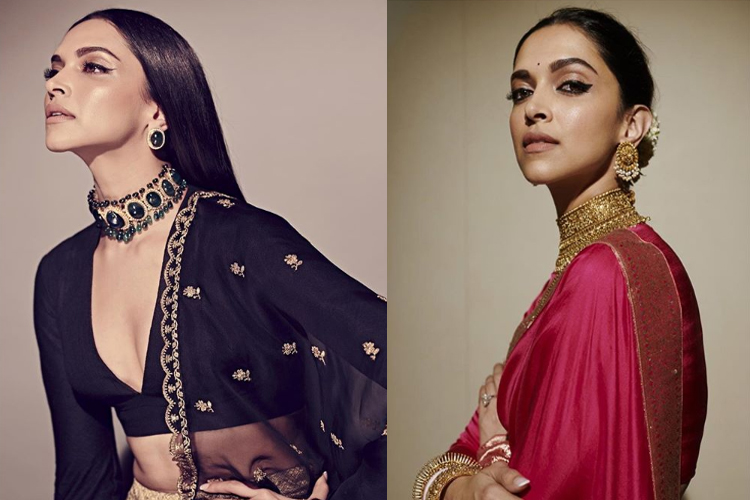
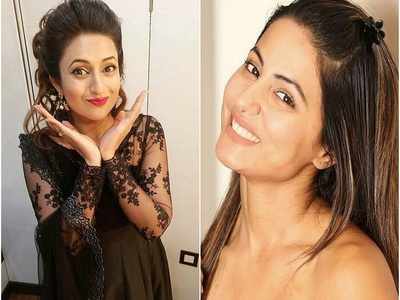

























0 Comments
retng our site